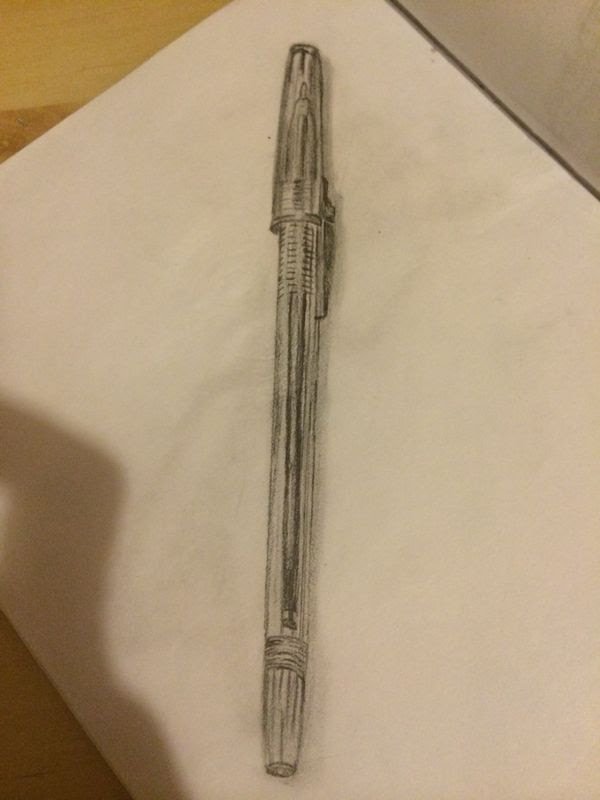Crash course in journalism, lesson 4: False news
Note: this post is a part of a crash course in journalism. If this is the first post from the series you encountered, it is highly recommended to start the course from the beginning.
Links to previous lessons:
Lesson number one: Buy a notebook
In this lesson I am going to talk about a hot topic - “fake news”. But I am going to do so from a slightly different angle, than the one that underlines the common discussion.
What I want to teach you in this lesson, is how to avoid the main pitfall that may damage the truthfulness of the story you tell, and that is making the story about yourself.
There is a fine, but important line that distinguishes between telling the story from your perspective to making your perspective the story. The truth does not work for anyone, and trying to force the facts to support a certain predetermined opinion, is not journalism, but PR. On the other hand, if you try to report a completely neutral and unbiased accord of the facts, the result will be boring and meaningless.
So how can you maintain the correct balance between telling the story from your point of view, and forcing your convictions on it?
In the previous lesson, I mentioned that you should always look for a new angle. Now I want to take a step backward, to the moment before you start looking into the story.
Think about it as if you are going to write about something that happens inside a closed room. Let's say for example, that you are a theater critic and you are going to see a play you have to write about. Just before you enter the theater hall and take your sit - this is the moment when you get to decide if you are going to write a truthful or fake story.
You come preloaded with some thoughts and emotions. You think you have a idea, what the play is about, more or less. Maybe you’ve seen another play from the same play writer, or the same play, many years ago with your first love. Whatever these are, you have to decide you put them aside now and decide you’ve come to experience something new. Good or bad, something that you are going to like or not, but an event by itself.
There are several reasons why journalists may a write false story, but the most common by far, is what I call, “The Echo and Narcissus effect”, that is repeatedly echoing the writer's reflections of what he or she admires. Doing so is not journalism but PR, and a betrayal against the journalist's responsibility.
As the say goes, the pen is mightier than the sword. Talented writers must always remember that their words have impact, and may affect the life of real people. The right moment to remember that is not before you publish, but that in which you enter the door into the event of the story.
